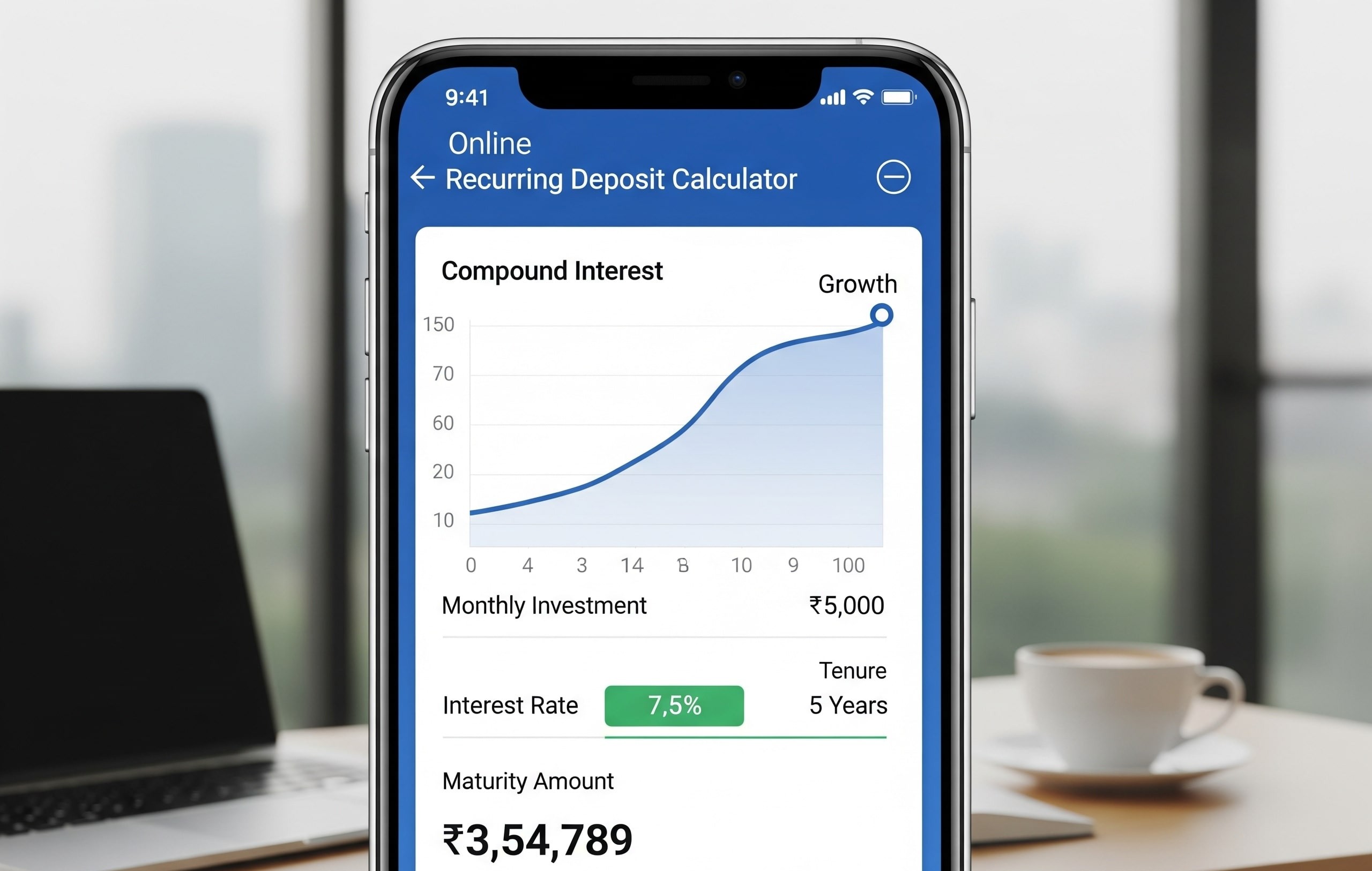
Investing in mutual funds gives you two primary choices: Systematic Investment Plans (SIPs) and lump sum investments. Both approaches have their own advantages, making them suitable for different financial goals and risk preferences. This article helps you understand these two strategies, compare them, and decide which fits your investment style.
What Is a SIP?
A SIP allows you to invest a fixed amount periodically (e.g., monthly or quarterly) in a mutual fund. It’s a disciplined and convenient method for consistent investing.
Advantages of SIPs
- Rupee Cost Averaging: This reduce the impact of market volatility by spreading out your investments over time.
- Small Starting Amounts: You can begin with as little as ₹500 per month.
- Financial Discipline: Regular investing builds a habit and aligns with long-term financial goals.
- Reduced Timing Risks: It eliminates the need to predict market highs and lows.
Also Read: How to Invest in Mutual Funds Online: A Step-by-Step Guide | How to Stop SIP
What Is a Lump Sum Investment?
A lump sum investment involves putting a large amount of money into a mutual fund all at once. It’s often chosen by investors with surplus cash who want to maximize potential returns.
Advantages of Lump Sum Investments
- Higher Growth Potential: Immediate exposure to the market can result in significant gains during bullish phases.
- Simple Strategy: One-time investing is straightforward and requires minimal ongoing management.
- Quick Wealth Deployment: Suitable when you have idle funds ready to invest.
SIP vs Lumpsum: A Quick Comparison
| Parameter | SIP | Lump Sum |
|---|---|---|
| Investment Frequency | Periodic (e.g., monthly) | One-time |
| Risk Sensitivity | Low to moderate due to averaging | High; depends on market entry timing |
| Ideal For | Regular income earners | Those with surplus cash |
| Market Timing Impact | Minimal; consistent investing | Significant; timing can impact returns |
| Affordability | Can start with small amounts | Requires a larger upfront amount |
Which Investment Method Is Best for Beginners?
If you’re just starting with mutual funds, SIPs are the safer and more practical option. They eliminate the complexities of market timing and allow you to learn the ropes of investing gradually.
How Does Market Volatility Affect SIPs and Lumpsums?
- SIPs: Perfect for volatile markets, as rupee cost averaging balances out price fluctuations.
- Lumpsum: Best during bullish markets where steady growth is expected.
What Are the Tax Implications of SIP vs Lumpsum?
Both SIPs and lumpsum investments are subject to taxation depending on the fund type and holding period:
| Type of Fund | Holding Period | Tax Rate |
|---|---|---|
| Equity Funds | Less than 1 year | 15% (Short-term Capital Gains) |
| More than 1 year | 10% (on gains above ₹1 lakh) | |
| Debt Funds | Less than 3 years | As per income tax slab |
| More than 3 years | 20% (with indexation benefit) |
When Should You Choose SIPs Over Lump Sum?
- Consistent Income: If you earn a regular salary, SIPs align better with your cash flow.
- Market Uncertainty: SIPs mitigate risks associated with volatile markets.
- Beginner Investors: Gradual investments suit those new to mutual funds.
Also Read: How to start sip: A Complete Guide | Mutual Funds Are Subject To Market Risk
When Is a Lump Sum Investment Better?
- Bullish Markets: Lump sum investments excel when markets are expected to grow steadily.
- Large Surplus Funds: Ideal if you have idle cash ready to be deployed.
- Experienced Investors: Suitable for those comfortable with market risks.
Conclusion: SIP vs Lumpsum – What Should You Choose?
The decision between SIP and lump sum boils down to your financial situation, investment goals, and risk appetite. SIPs are ideal for beginners and those with regular income, while lump sum investments can be lucrative for seasoned investors during favorable market conditions. Choose wisely based on your personal preferences and market insights.
More Stories:
| Top investors in Indian stock market | How to invest in startups in India |
| How to earn money online without investment in mobile | What are the advantages of HDFC retirement savings fund? |
Hello there, my name is Phulutu, and I am the Head Content Developer at Nivesh Karlo. I have 13 years of experience working in fintech companies. I have worked as a freelance writer. I love writing about personal finance, investments, mutual funds, and stocks. All the articles I write are based on thorough research and analysis. However, it is highly recommended to note that neither Nivesh Karlo nor I recommend any investment without proper research, and to read all the documents carefully.






Leave a Reply